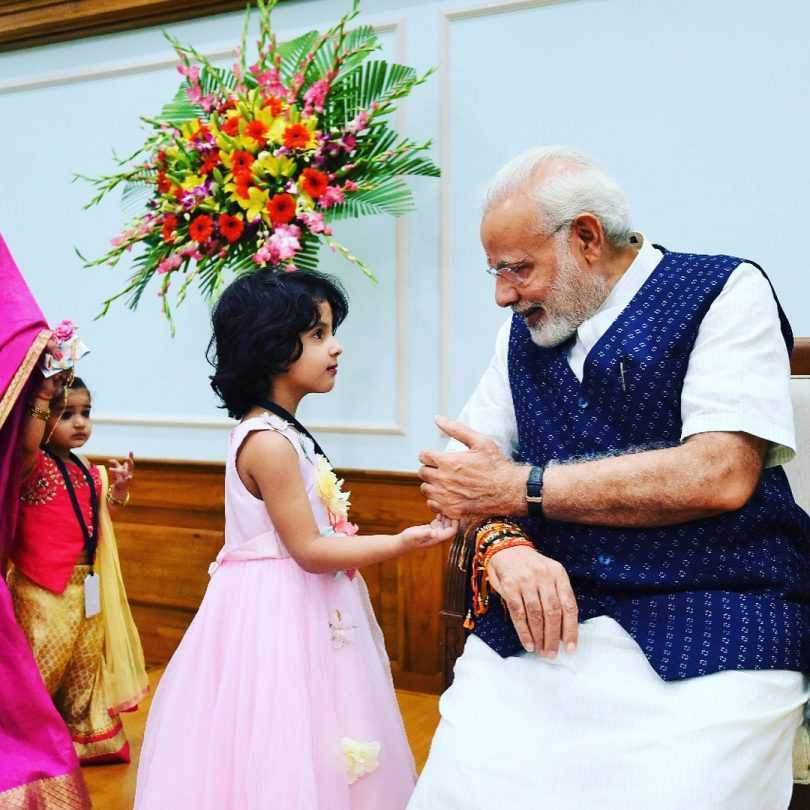India will celebrate the 70th anniversary of its independence day from the British Empire this 15th of August, and as a country, its people have survived through one of the most turbulent times in the history of the region. PM Narendra Modi will address the nation on the eve of the big day, in a traditional speech that lays out the future and puts the past in perspective. Historically, the “freedom at midnight” speech by the first prime minister Jawahar Lal Nehru also marked the beginning of a painful separation from Pakistan.
The mass killings and displacement of millions during Partition are the other face of the coin when celebrations broke out after the formal declaration of sovereignty from the British Crown. As we prepare to mark the big day, it is worthwhile to remember the incredible journey of the country and its people after a long civil disobedience movement forced the British Empire, already bloodied by reverses in the two World Wars, to abandon the country.
India became independent two years after the Second World War ended, although it had become clear to its imperialist rulers that holding on to the enormous Indian territory was no longer tenable. The Quit India Movement of 1942 and the armed conflict with the Indian National Army caused more than enough trouble for the British to handle, and the new world order after the War relegated the British to play second fiddle to American forces. The transfer of power was not smooth though, as the creation of Pakistan as a home for Muslims in the subcontinent sparked mass riots almost immediately after the country was born.
The mess would translate into war over the region of Kashmir, and two subsequent full scale wars in 1965 and 1971. The dispute over Kashmir has continued to be a thorn in the political and security landscape of the country, and a militant insurgency has ravaged the beautiful valley for three decades, besides the Kargil conflict that India and Pakistan engaged in 1998. Speaking of wars, India has fought a border war with China in 1964, a conflict where the young country faced defeat in days.
However, considering the mess India inherited in 1947 and also the state of countries that became independent around the same time, India has done well as a political entity. Aside from the brief period of Emergency in 1975-76 where rights were suspended and opposition leaders jailed, India has functioned as a working democracy in all of its lifetime. This is fortunate, considering that all of India’s neighbours have turned into totalitarian regimes at some point in the last 50 years. The peacetime development of the country has been rapid, although the country started from so little that there are still decades to go before it can boast of bringing peace and prosperity to all its citizens, as the Constitution mandates.
With the economic liberalisation starting in the 1990s, India has experienced economic growth unprecedented in its own history and for an economy its size. With a GDP growth percentage of 7% forecast for this year and growing strategic alliances with the US and other Western democracies, India has now found itself a big part in the global scheme of things. As we prepare to hoist our flags and pride on the 15th of this August, we might do well to remember the incredible hardships we have faced and take lessons as we prepare to make a splash in the years to come.

